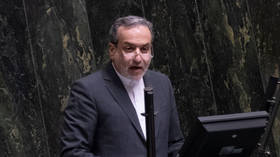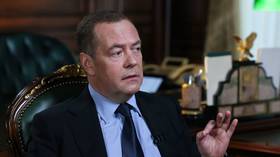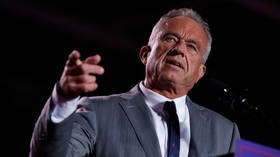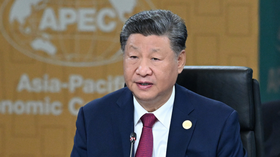Manning’s persecution could have 'counterproductive effect'
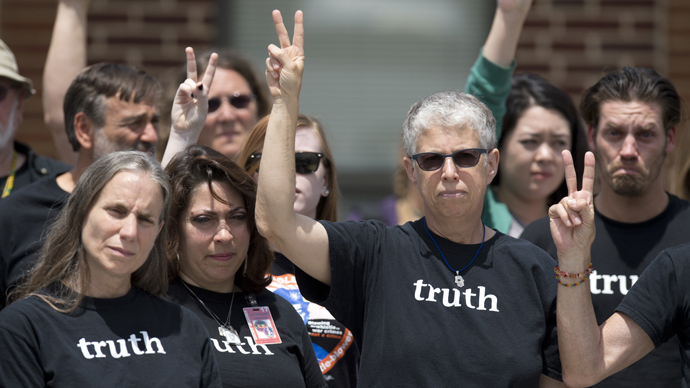
Bradley Manning’s persecution could lead to the creation of stronger, better whistleblowers, as he showed people they have the power to stop day-to-day wrongdoing, Jeremie Zimmermann, of internet civil liberties group, La Quadrature du Net, told RT.
RT:Many say that Manning should be free,
however, he did plead guilty to ten of the charges, so how
realistic is this position?
Jeremie Zimmermann: It is the only realistic
position, because what is happening to Bradley Manning is totally
unrealistic. He has been telling the truth –he has been
courageous to expose crimes and lies, and he is the one going to
prison right now, so the only realistic option is that Bradley
Manning will go free. The question is – when? Will it be
President Obama or will we have to wait – should there be a
public outcry all over the world before he goes free – are
technical questions.
RT:In light of what’s happening – the
letter that was written by MPs calling for Bradley Manning’s
release - is it just a political gesture or is it likely to lead
to something?
JZ: The situation is political by nature because
beyond Bradley Manning it is also the beginning of the
persecution of Edward Snowden. It is dozens of whistleblowers
that are being persecuted by the US government so it is
political. This is one of the most powerful governments in the
world being afraid of its own citizens, being afraid of truth,
being afraid of justice so it is a matter that concerns us all,
so I understand that MEPs would like to make a political stance
about it. The question of what effect it will have – we’ll see
but it is by nature a very political issue.
RT:A recent poll found that most Americans
– 52 percent – consider Manning to be a traitor – are you
surprised by this position, or the lack of sympathy for him for
the matter?
JZ: I’m not very surprised because the public
opinion in the US is what it is and it is very local. If you
count the people in the rest of the world you probably have 5
billion more people than the Americans and I’m sure the
statistics would be the other way around, that a huge majority of
citizens across the world would consider him a hero rather than a
traitor. But, beyond this dichotomy, is more importantly, is an
extremely courageous young man, a citizen. Somebody like you and
me. And this is what we should learn from him and Edward Snowden.
Sometimes by our access, we see crimes, we see wrongdoings, and
we all have the power to push that button, to become a
whistleblower, to help truth to come out. And this concerns the
whole of the world, not just US public opinion.
RT:Given the verdict that we all heard
yesterday, what sort of message in your opinion does it send to
potential whistleblowers around the world – is it reassuring
enough?
JZ: It’s hard to say for whistleblowers around
the world, it might have a deterrent effect on whistleblowers in
the US, but at the same time while Bradley Manning was being
detained and tortured by the US, Edward Snowden was aware of it
and was planning his own whistleblowing. What Snowden said was
that if he is persecuted by the US government, then it will lead
to the creation of stronger, better whistleblowers. So it might
have a very counterproductive effect because this injustice is
now shown to the whole world and I think people who are outraged
about it will think about whistleblowing, will think about the
power of information, and will think about what the courageous
gestures of individuals can do to make the world a better place.
The statements, views and opinions expressed in this column are solely those of the author and do not necessarily represent those of RT.



